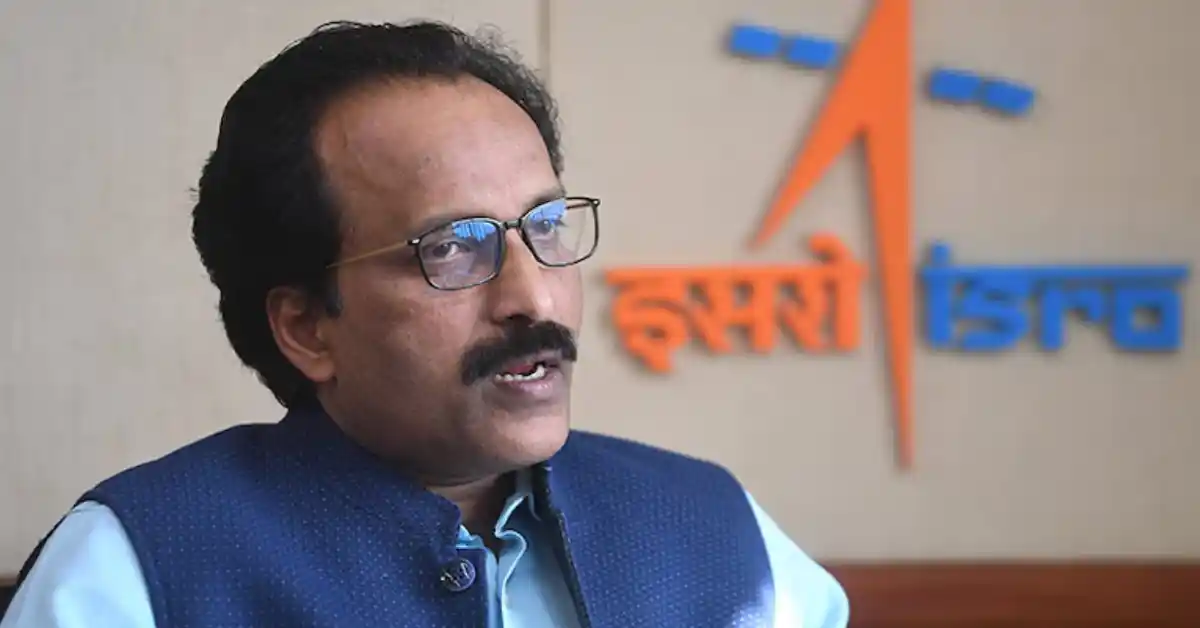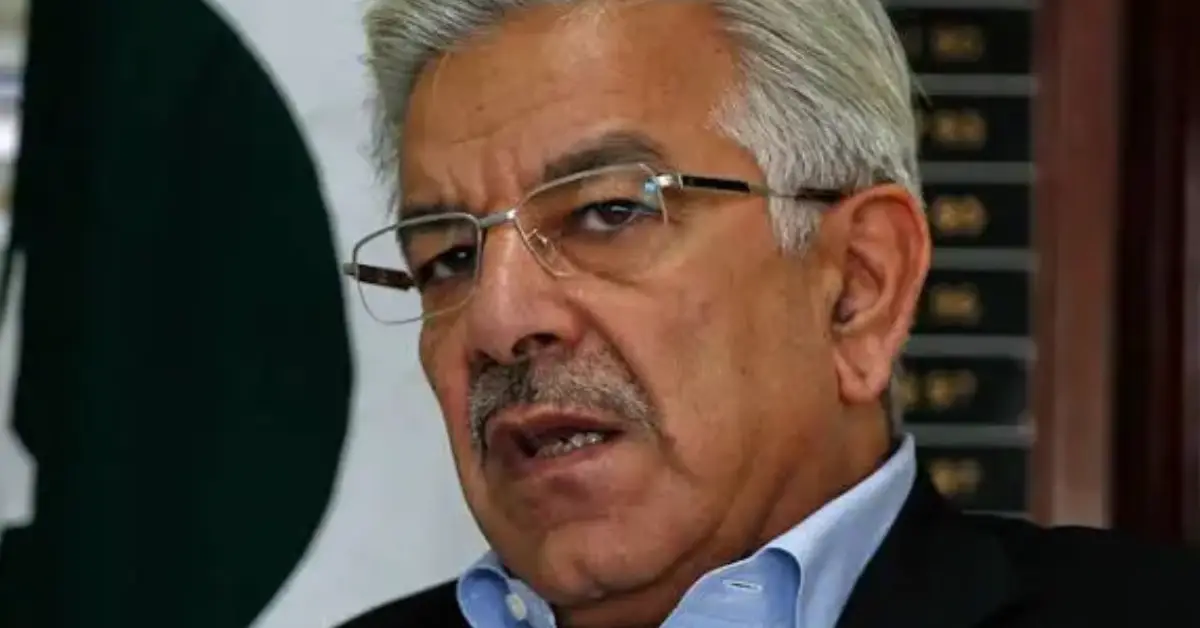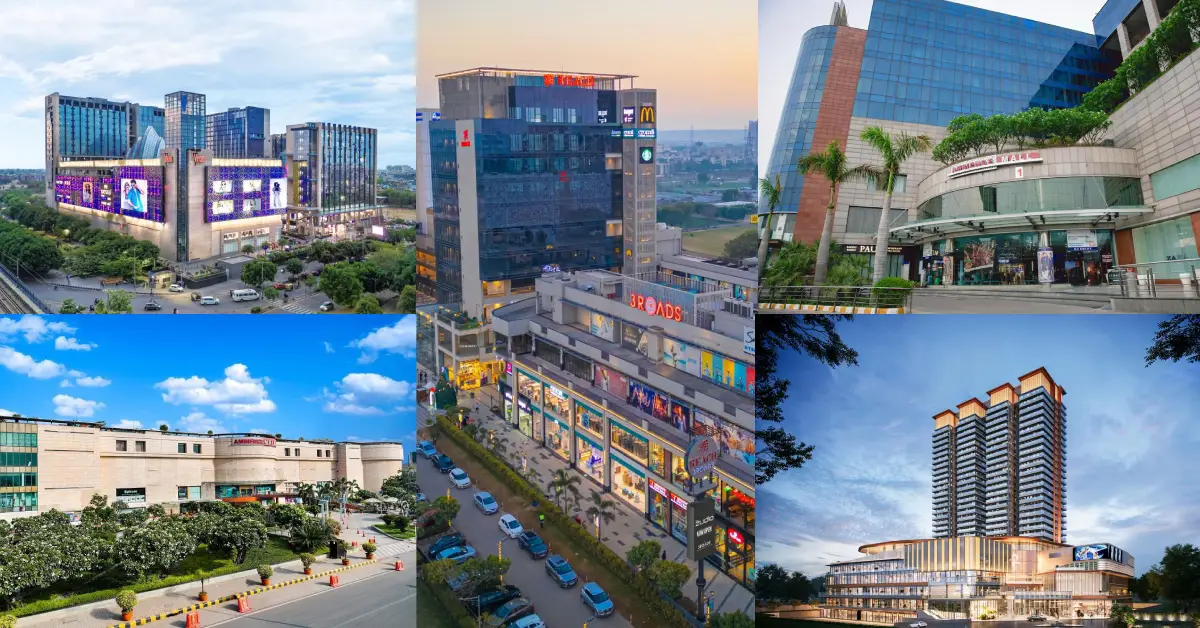Fellow panelist and former CEO and MD of Brahmos Aerospace, Sudhir Mishra added that Pakistan’s Prime Minister has proven to be an ambassador of the Brahmos missile by his repeated assertions after Operation Sindoor.
India’s rockets are in ‘great demand’ globally, and the country is falling short of manufacturing capacity to meet the demand, former chairman of the Indian Space Research Organisation (ISRO), S Somanath said during a panel discussion at Accel’s Advanced Manufacturing Summit in Bengaluru on August 5.
“Indian rockets are in great demand. But the problem is availability, it’s controlled by our ability to manufacture in numbers,” Somanath said, highlighting a critical gap between India’s technological capability and its industrial readiness.
India has made significant strides in space technology with missions like Chandrayaan and Gaganyaan, along with commercial launches for foreign satellites. Somanath said production remains heavily centralised and mission-specific, rather than geared toward volume manufacturing.
“Spacecrafts are not products that can be built and sold off the shelf. They are often custom-built, and there’s limited infrastructure to produce them at scale,” he added.
Demand Without Delivery
The comment comes at a time when the global commercial space sector is expanding rapidly, and private Indian firms, including Agnikul and Pixxel, are attempting to compete in the global launch and satellite markets.
Fellow panelist, former CEO and MD of Brahmos Aerospace, Sudhir Mishra said Pakistan’s Prime Minister has proven to be an ambassador of the Brahmos missile. “The government of India never said that we fired Brahmos. But he kept saying that India fired the missile and we could retaliate. So, a lot of technology has been generated in the country,” Mishra said.
Somanath also said that even ISRO, a public sector agency with decades of experience, struggles to find industrial partners with sufficient expertise in areas like propulsion systems, precision tooling, and composite materials.
“If you want to make a rocket engine in India, you still have to rely on organisations like Godrej for manufacturing. But they can’t put it all together themselves. The final assembly still comes back to ISRO,” Somanath added.
The Manufacturing Deficit
Much of the discussion during the panel focused on the issue of India’s industrial base in high-tech manufacturing, especially in aerospace, defense, and electronics.
“We have good designers, but not enough people who understand manufacturing itself, tooling, processes, thermal design, or materials,” said Dr. Somanath.
Policy Push
Recent reforms, such as the opening of the space sector to private companies and increased foreign direct investment (FDI) in defense, have been welcomed by the industry, but translating these shifts into large-scale manufacturing will require more than deregulation, the panelists said.
Gunjan Krishna, Commissioner for Industries and Commerce for Karnataka said many multinational firms are beginning to establish component manufacturing operations in India. Still, she acknowledged the ecosystem is incomplete.
“Assembly is happening, but we’re still trying to bring in deeper component-level manufacturing,” she said, citing the example of firms like Foxconn and Lam Research setting up shop in the state.
Source: Money Control







